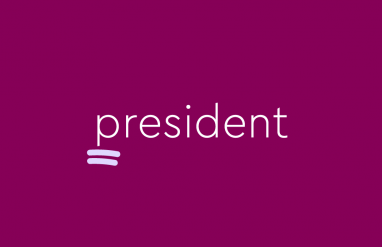⚡ Quick summary
A is used before words that begin with a consonant sound, as in I own a dog or She was riding a unicycle. An is used before words with a vowel sound, as in He ate an apple or It has been an honor.
There are all sorts of grammar rules out there. One of the most basic is determining when you should use the very first letter of the alphabet, but the rule itself is not so basic. Do you know when to use a and when to use an?
Let’s break this one down!
A vs. an
It’s common to think that the rule is to use an before a vowel letter and a before a consonant letter. But the actual rule is a little more complicated.
You want to use an before a word beginning with a vowel sound (umbrella, herb) and a before a word beginning with a consonant sound (crate, ukulele). It doesn’t matter whether the word starts with a vowel letter or a consonant letter. It just matters how the letter is pronounced. So, we say an MBA and an hour but a BA and a horologist.
The words historic and historical sometimes give a little trouble. In formal speech, the h is pronounced, so we would say a historic and a historical. However, in casual speech, many people say an historic and an historical, eliding the h sound. This is perfectly acceptable in casual speech and writing, but remember to use a in more formal settings.
Examples of a and an used in sentences
- Lance is a firefighter.
- We will have an early winter this year.
- That guy is a one-trick pony. (One begins with a w sound.)
- Edward is an heir to two different kingdoms. (Heir has a silent h, beginning with an a sound.)














